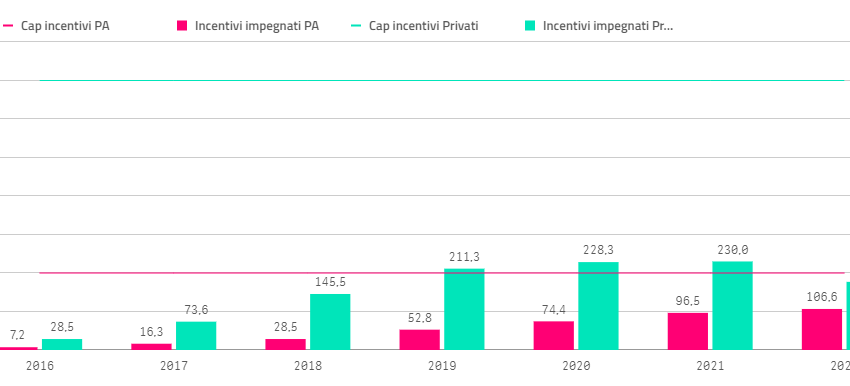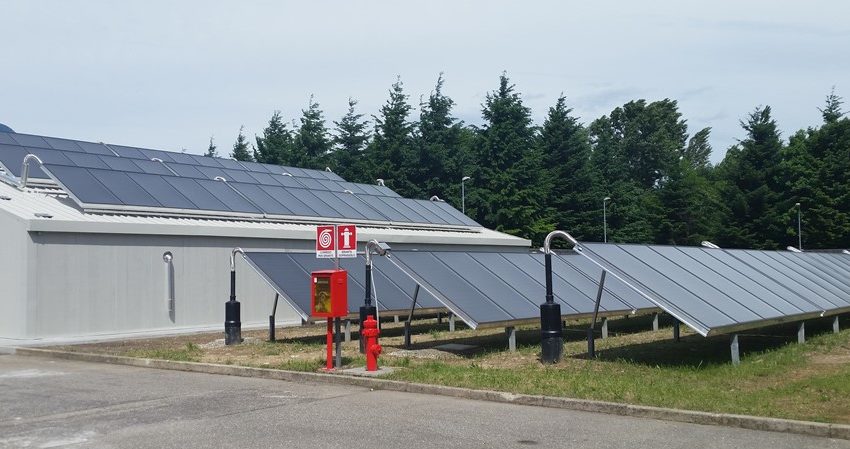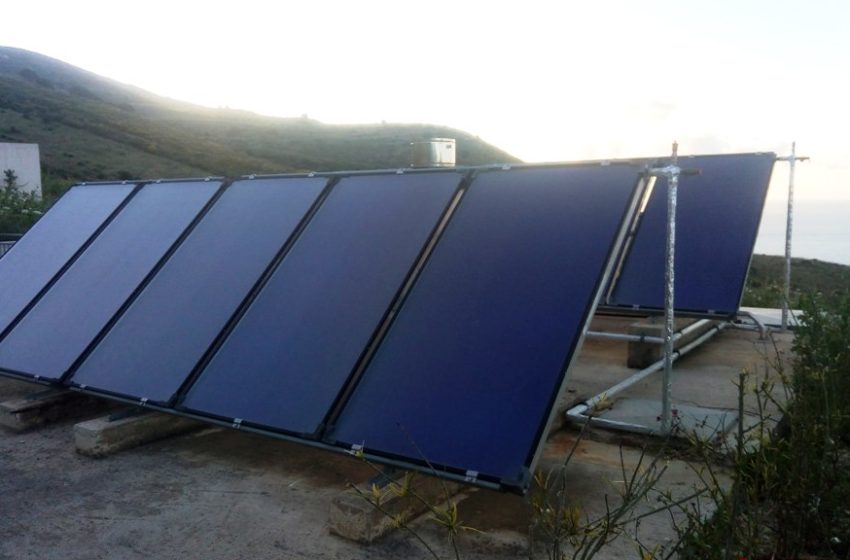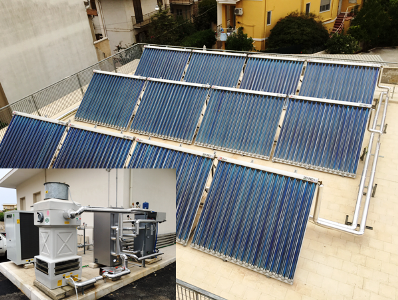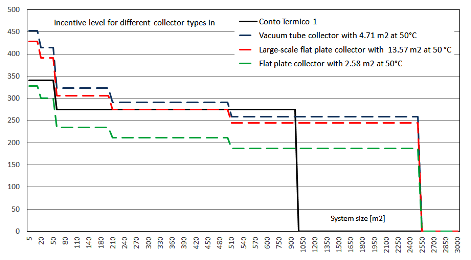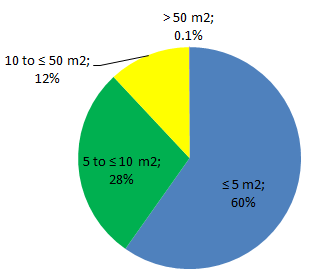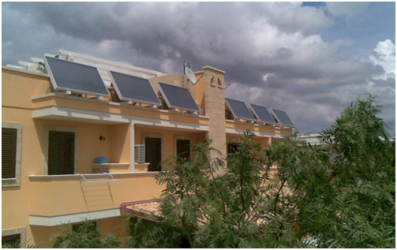Conto Termico, the Italian national support scheme for renewable heating, has had an important impact on the solar thermal market. 83 % of the newly installed collector area between 2016 […]Read More
How could heating and cooling contribute to the decarbonisation of the energy sector in Italy? To answer this ambitious question, on 27 October the Renewable Heating & Cooling European Technology […]Read More
The combination of the Conto Termico incentive scheme, supporting renewable heat installations, and the 110 % Superbonus for energy efficiency in buildings allowed Italy to hit a record year for […]Read More
Figures from different sources have painted a mixed picture of Italy’s solar thermal market in 2018. According to Assotermica, the country’s Association of Manufacturers of Equipment and Components for Heating […]Read More
Government incentives have been pushing solar cooling forwards in Italy. The large budget available for national incentive scheme Conto Termico 2.0 has made several service providers optimistic about the future […]Read More
The latest statistics of Conto Termico in Italy show that the national incentive scheme has still not been used enough: As of 1 January 2016, it had supported only 62 […]Read More
Diligent research on small scale low-temperature chillers, the launch of a new generation of compact solar cooling units and large-scale plants able to compete economically with conventional cooling solutions: These […]Read More
The administrator of Italy’s national subsidy scheme Conto Termico, Gestore dei Servizi Energetici (GSE), counted 9,658 applications over the first 18 months, among them 7,720 which reached the contract phase […]Read More
Nearly two years after the start of Italian incentive programme Conto Termico, some difficulties still persist: There are currently around 7,000 applications for the programme, most of them for solar […]Read More
The new Italian budget Law 147 from December 2013 also includes important chapters on renewable energy and energy efficiency regulations. The law extends both the 65% tax deduction for energy […]Read More
